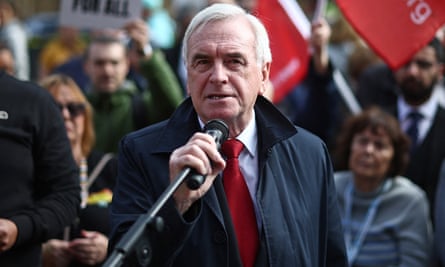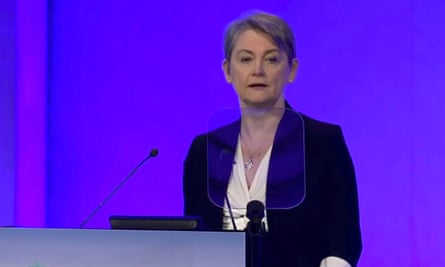
The leaders of the biggest car companies in Europe have requested that the president of the European Commission delay the sudden implementation of post-Brexit tariffs, which they believe will negatively impact the production of electric vehicles in the EU.
Thirteen major car companies, including Renault, Mercedes-Benz, Volvo, and Ferrari, sent a letter to Ursula von der Leyen on Tuesday requesting a postponement of the implementation of “rules of origin” set to take effect on January 1st.
Car manufacturers on both sides of the Channel are joining together to request a three-year extension for the deadline, pushing it back to the end of 2026. This would prevent the sudden implementation of 10% tariffs.
The carmakers also included Toyota, Ford and Jaguar Land Rover, all of which have factories in Britain, plus BMW and Volkswagen, which own Rolls-Royce and Bentley in the UK.
The UK government strongly supports them and aims to prevent any negative consequences of Brexit. Yet, high-ranking EU officials have stated that they do not think the deal should be renegotiated to satisfy the car industry’s demands.
On Christmas Eve 2020, the UK and EU reached a speedy agreement on Brexit, bringing relief to car manufacturers and other industries. However, the deal also contains regulations that require carmakers to obtain batteries from the EU. If exported cars between the UK and EU do not comply with this rule, they will face a 10% tariff.
Unfortunately, approximately 90% of electric vehicles traded between the EU and the UK would be impacted, causing disappointment among those advocating for environmental causes. Gasoline and diesel cars, however, would not be affected.
The regulations pose an issue as China, South Korea, and Japan hold a dominant position in the worldwide battery production market. Carmakers are of the opinion that imposing tariffs on European cars will benefit Chinese manufacturers, who are aiming to gain a bigger presence in Europe’s market. This change could potentially jeopardize jobs in Europe.
The car manufacturers stated that the tariffs would directly affect the EU’s competitiveness in electric vehicle production, potentially decreasing our market share in Europe’s leading export market for EVs, which is the UK.
The leaders of the automotive industry stated that the regulations regarding the origins of products are unrealistic and could result in a significant decrease in the production of electric vehicles in Europe.
Ignore advertisement for newsletter
after newsletter promotion
The letter, organized by the European Automobile Manufacturers’ Association, a lobby group, stated that implementing tariffs would be inconsistent as it could potentially harm emerging green industries, which the EU is currently trying to promote.
Several large gigafactories are currently being built throughout Europe in an attempt to address the shortage of batteries. However, they will not be completed in time for the January 1st deadline.
According to Benchmark Mineral Intelligence, Europe’s portion of the global industry is projected to increase two-fold by 2035. This includes the planned plant in the UK by JLR owner Tata, as well as two factories in France’s “Battery Valley” region and nine new or expanded facilities in Germany, which is considered Europe’s traditional automotive hub.
Source: theguardian.com
















